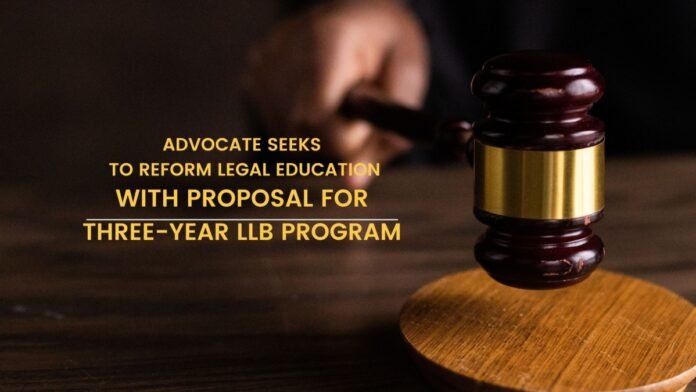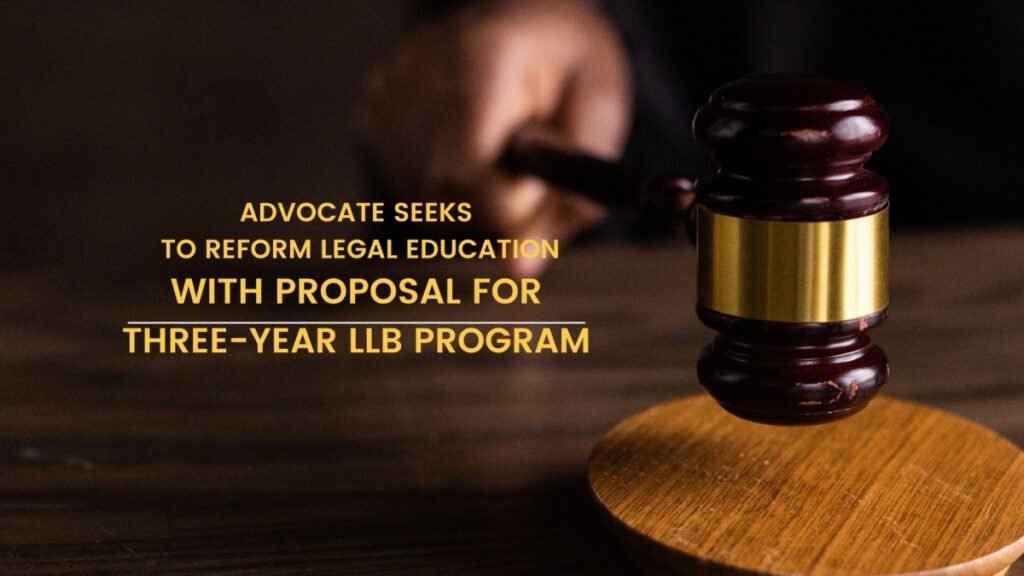
New Delhi: In a significant move aimed at reforming legal education in India, a Public Interest Litigation (PIL) has been submitted to the Supreme Court. The petition, initiated by advocate Ashwini Upadhyay, challenges the current structure of the legal education system and proposes a more accessible and efficient pathway to obtaining a law degree.
Rethinking Legal Education: A Push for a Three-Year LLB
The PIL calls upon the Central Government and the Bar Council of India (BCI) to reconsider the existing five-year LLB course offered after the completion of class 12th. The petitioner advocates for the introduction of a three-year Bachelor of Laws program, akin to other undergraduate courses such as B.Sc., B.Com, and BA. The plea includes a request for the establishment of an expert committee to assess the viability of this proposed three-year LLB course.
Current Legal Education Pathways: A Brief Overview
At present, aspiring lawyers have the option to enroll in a five-year integrated law course immediately after class 12th, facilitated by the Combined Law Entrance Test (CLAT), which is recognized by premier National Law Universities (NLUs). Alternatively, graduates from various disciplines can pursue a three-year LLB course.
The Case for Change: Addressing Duration and Financial Concerns
The petition contends that the five-year duration of the integrated law curriculum is disproportionate to the subject matter and places an undue financial burden on students. Describing the current framework as “arbitrary and irrational,” the petitioner seeks a more streamlined approach that aligns with the duration of other undergraduate programs.

The Implications of Legal Education Reform
Should the Supreme Court act favorably on the PIL, the legal education landscape in India could undergo a transformative shift. A three-year LLB program post-class 12th would potentially make legal education more accessible, reduce the financial strain on students, and align India’s legal education system with global standards.
The outcome of this PIL could set a precedent for future educational reforms and reflect a growing trend towards optimizing professional education to better serve the needs of students and society at large.










































